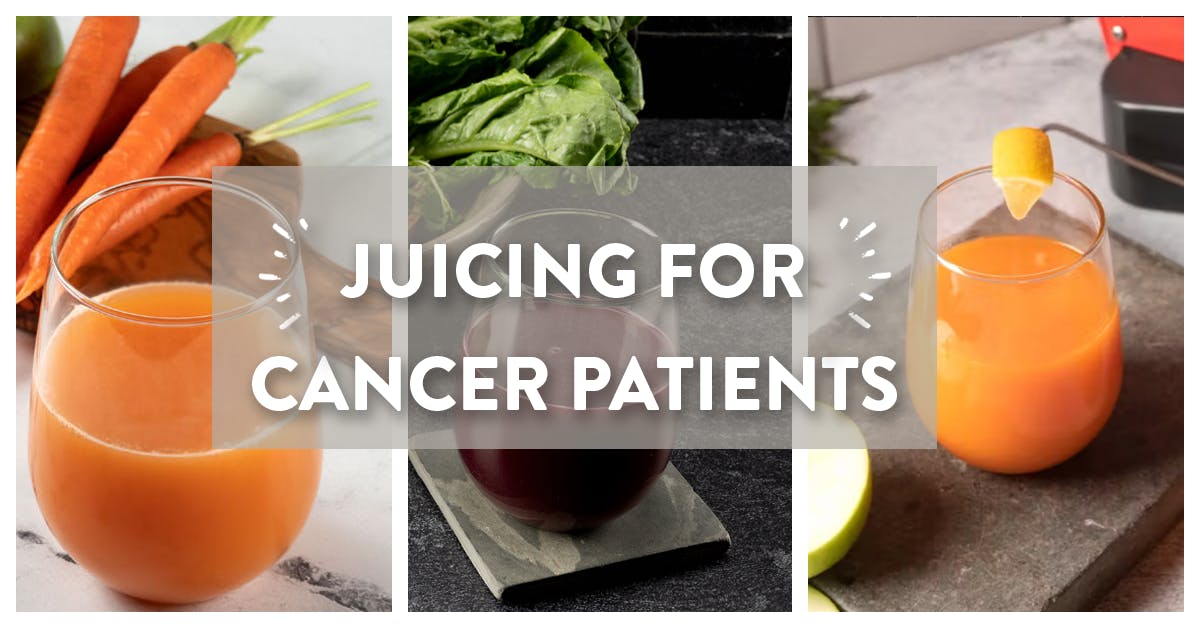Common Side Effect of Cancer Treatment
The side effects of chemo and radiation are brutal and can leave you feeling queasy, anxious, or low, and food might not seem as appetizing as it used to. Plus, treatment can mess with your taste buds and sense of smell.
Here are some of the common side effects of cancer treatment:
1. Nausea
Cancer treatments and the cancer itself can cause nausea in some patients. Eating difficulties like nausea, vomiting, lack of appetite, and difficulty swallowing are common side effects. Feeling anxious about cancer can also lead to physical symptoms like vomiting.
Fortunately, there are two amazing remedies for nausea: apples and ginger. Apples contain pectin, a type of fiber that aids digestion and is high in water content. Ginger, on the other hand, soothes the digestive system and has anti-nausea properties.
2. Constipation
In cancer patients, chemotherapy and pain medications, lack of fiber, and inactivity can lead to constipation. Drinking fiber-rich carrot juice is a good way to combat this uncomfortable side effect.
3. Diarrhea
When you undergo cancer treatment, it's common for your digestive system to be affected, leading to diarrhea. However, incorporating nutrient-packed juices into your diet can help replenish the lost nutrients. To make it even more soothing, consider adding a dash of ginger.
4. Fatigue
Cancer treatments like radiation therapy, chemotherapy, and surgery can often leave patients feeling tired and fatigued. However, incorporating green juices made from leafy vegetables such as kale and spinach into your diet can be beneficial. These juices are packed with chlorophyll, which helps to improve blood oxygenation.
5. Weight Loss
Cancer patients might go through weight loss and a decrease in appetite due to several factors. Treatment can cause a loss of appetite as a side effect. Moreover, the body releases cytokines that can result in muscle and weight loss while battling cancer. To counter this, you can try consuming high-calorie juices that have added protein, like smoothies made with avocado and oat milk.
6. Dry Mouth
Chemotherapy, radiation treatment, certain medications, and immunotherapies can all harm the saliva glands, leading to dry mouth. However, consuming juices that contain tart ingredients like citrus and spinach can help increase saliva production.
Keep striving to eat at least five servings of veggies each week, and keep in mind that relying solely on juicing isn't a practical long-term solution for getting nutrients into your system. Make sure to pair these awesome juicing recipes with other nutritious foods and meals to maximize the health benefits.
It's always a good idea to chat with a healthcare professional like a doctor or registered dietitian who can give you personalized guidance based on your individual situation and needs.
Key Ingredients for Juices for Cancer Patients
Good nutrition is crucial for cancer patients. Here are some general considerations regarding juices for cancer patients:
1. Nutrient-rich juices: If you're going through cancer treatment, freshly made juices can be a great way to get important nutrients for your overall health. To make sure you're getting a good mix of nutrients, go for juices made with a variety of different fruits and veggies.
2. Antioxidant-rich options: Did you know that antioxidants good for protecting our cells from damage caused by free radicals? So, if you want to give your body a boost, why not dig into some delicious fruit and veggie juices that are packed with antioxidants? Think juicy berries like blueberries, strawberries, and raspberries, as well as refreshing pomegranate. And don't forget about leafy greens like spinach and kale, or the vibrant beets. They're all super healthy and will help keep your cells healthy.
3. Hydration: Sometimes, cancer treatments can cause dehydration. So, it's really important to stay hydrated. One way to do that is by adding hydrating fruits and veggies to your juices. Watermelon, cucumber, citrus fruits like lemon and orange, and celery are all great choices to keep you hydrated.
4. Digestive support: Certain cancer treatments can have an impact on digestion. To help ease any discomfort, it might be helpful to include juices made from gentle fruits and veggies like papaya, pineapple, ginger, and mint.
5. Individual preferences: Everyone has their own unique preferences when it comes to taste and what they can tolerate. It's important to take these personal preferences into account to make sure that you enjoy and stick to the recommended amount of juice they should be drinking.
Just a quick reminder, it's important to include juices in your diet alongside other nutritious foods. Juices shouldn't be used as a substitute for whole foods. Also, if you're undergoing cancer treatment or taking any medications, it's vital to talk to a healthcare provider before making any major dietary changes.
Final Thoughts
To wrap things up, juicing can be a great supplement to the diet of individuals battling cancer. It offers a convenient way to consume a variety of fruits and vegetables while delivering essential nutrients to boost the immune system and aid in healing.
Nevertheless, it's important to remember that juicing should not replace a healthy diet or serve as a substitute for traditional medical treatments. It should complement a balanced diet and recommended medical interventions.
Moreover, it's crucial for cancer patients to consult their healthcare provider before introducing juicing into their diet, as certain fruits and vegetables may interact with medications or have negative effects on their health. With proper guidance, juicing can be a nutritious tool in a cancer patient's journey to recovery.


Rate and Comment